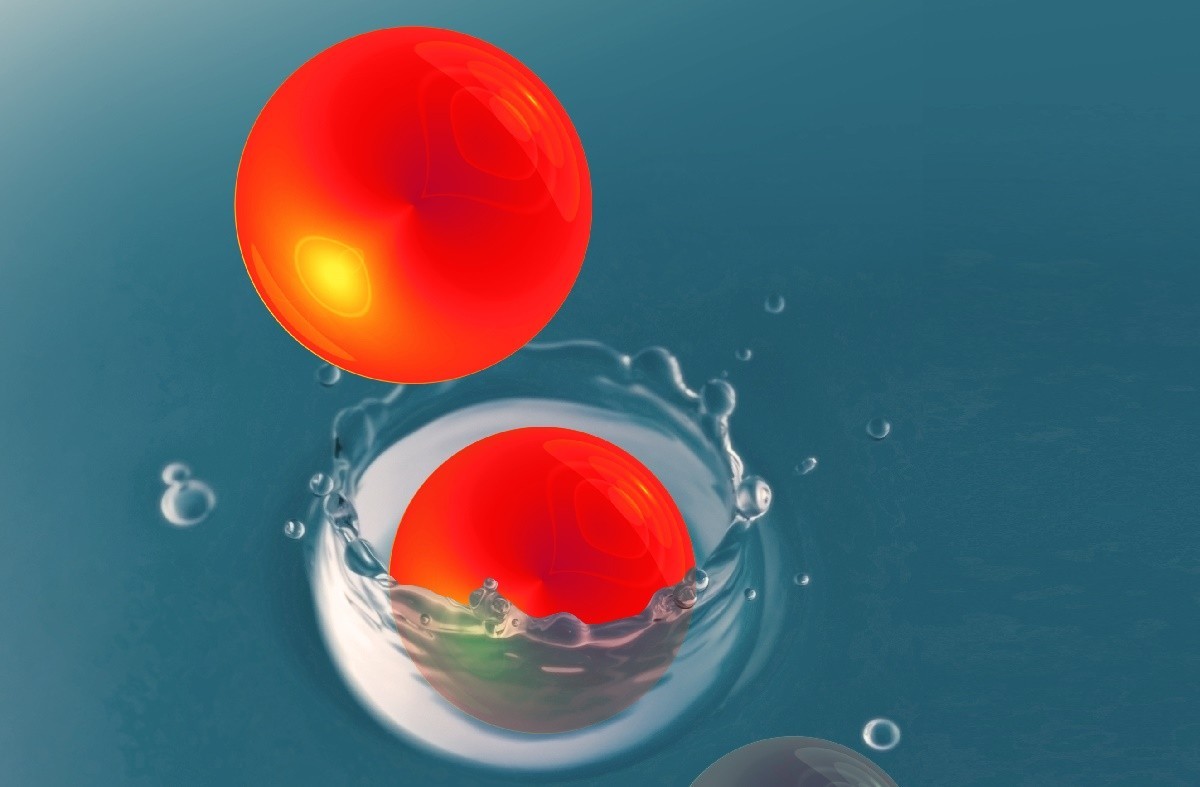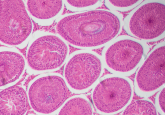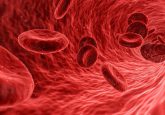Novel nanoparticles enable 3D printing in water

A new type of photoinitiator has been developed that enables more environmentally friendly 3D printing of complex biomedical devices Researchers from the Hebrew University of Jerusalem's Center for Nanoscience and Nanotechnology (Israel) have developed a new photoinitiator (PI) based on hybrid semiconductor–metal nanoparticles that will allow 3D printing to take place in water. In the study, published in NanoLetters, the researchers hope that this will enable manufacture of responsive hydrogels, bioscaffolds and artificial organs. Traditional PIs are often not water soluble, making printing 3D structures in water challenging. These PIs, developed by Uri Banin and Shlomo Magdassi, Professors, Institute of...





